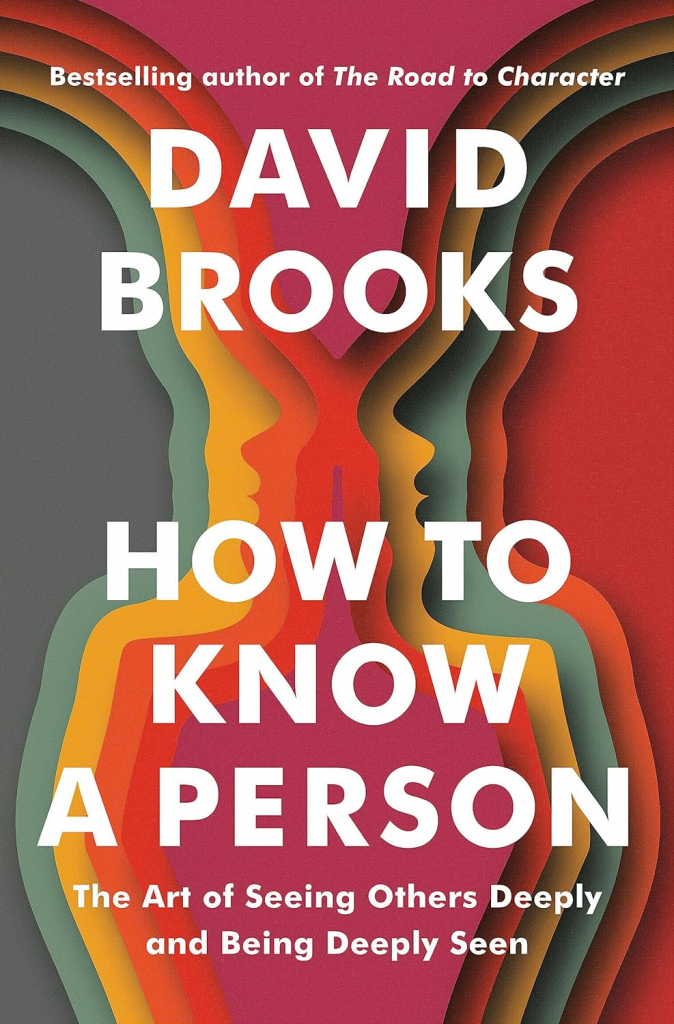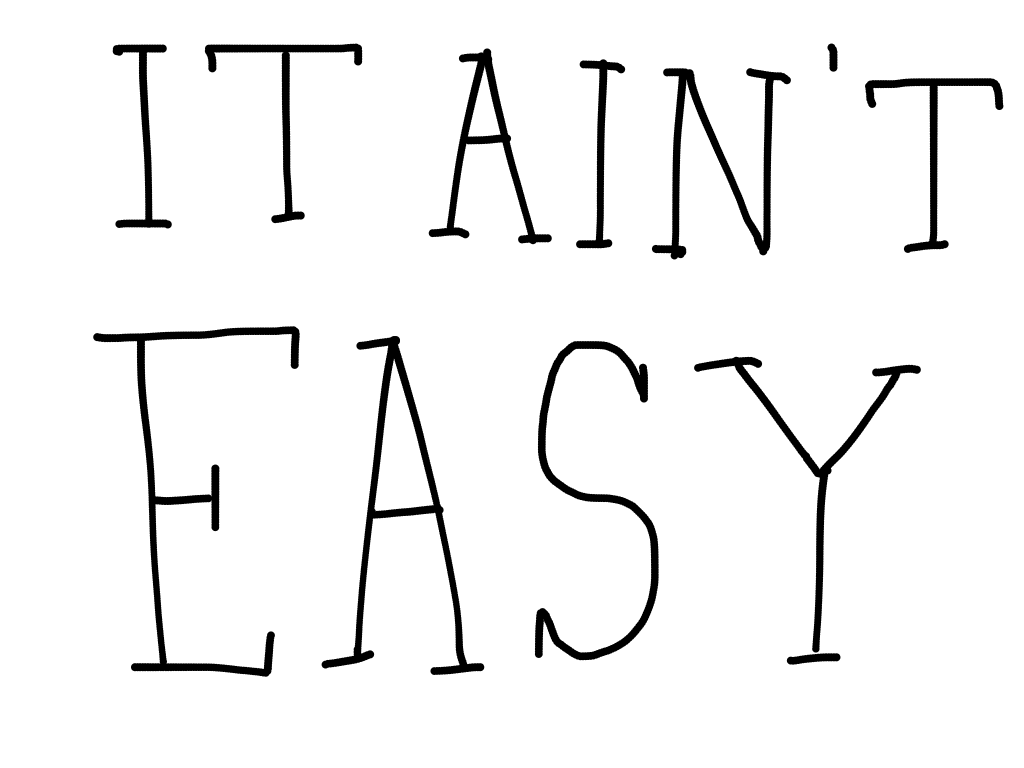
Lettin’ the cat outta the bag is a whole lot easier than puttin’ it back in.
Sharing beliefs
I have had to stand before crowds for years and describe what I thought I believed, and then I often had to ask myself, “Do I really believe that myself?” And in my attempt to communicate it, I usually found that I’d only scratched the surface of understanding. In sharing, in giving it away, you really own it for yourself and appreciate more fully its value, beyond what you ever imagined.
Richard Rohr – Dancing Standing Still
Misinformed
Combine vast choice with algorithmic sorting, and we now possess a remarkable ability to become arguably the most comprehensively, voluntarily and cooperatively misinformed generation of people ever to walk the earth.
David French
Oil Production
American oil fields are gushing again, helping to drive down fuel prices but also threatening to undercut efforts to reduce greenhouse gas emissions.
Only three years after U.S. oil production collapsed during the pandemic, energy companies are cranking out a record 13.2 million barrels a day, more than Russia or Saudi Arabia. The flow of oil has grown by roughly 800,000 barrels a day since early 2022, and analysts expect the industry to add another 500,000 barrels a day next year.

Selfies
There is a deep connection between God and the self within Christian understanding. Obviously, they are not the same thing, but we do not know one without the other. It is possible to say that we only know God to the extent that we know ourselves and that we only know ourselves to the extent that we know God.
To know yourself is an inner activity, made particularly difficult in an outer-directed culture. Though we live in the age of the “selfie,” we are, nonetheless, an age that is distracted from the true knowledge of the self. The “selfie” has nothing to do with self-knowledge and everything to do with an objectification of the self – how I would like myself to look if I were someone else. What the selfie never shows is how we truly perceive ourselves.
Fr Stephen Freeman
Merriam-Webster’s Word of the Year for 2023 is authentic—
authentic saw a substantial increase in 2023, driven by stories and conversations about AI, celebrity culture, identity, and social media.
Incarnation
Jesus, in the song you wrote
The words are sticking in my throat…
Peace on earth
Hear it every Christmas time
But hope and history won’t rhyme
– U2, “Peace on earth”
Sometimes I wonder what the Incarnation changed.
In the Incarnation, God is saying…
Life on earth matters. People matter. Pain matters. When I made all I made in the way I made it, I knew what I was doing. I understood the cost of free will, which I know may seem hard to believe. So I’ll take on your frame. I’ll experience all you feel and more. I’ll show you how to live at peace in a troubled world, how to be an unhurried and healing presence. I’ll come in the flesh to be an example to you. Then I’ll come in the Spirit to be life in you. My rescue will be fast. Your adoption will be quick as a hammer’s swing. My rescue will be slow. Millenia will pass before the fullness of the Kingdom comes. My slowness is not cruelty or lack of care. On the contrary: I’m birthing a people of everlasting joy. That takes time.
Brian Morykon
For a New Baby

Kind Father
Thank you for your gracious gift of Miles.
God, please give Miles all that is required for a good way of life and for a good way of living.
Please let Miles bring joy and pride to Gabriel and Kyle and all their families. We will give all that is needed to this child. And do our best to guard and protect Miles for his lifetime.
Amen
Adapted – Author Unknown
Lord willing
To say “Lord willing” isn’t to say that God is a puppet master picking and choosing who has a safe trip home or an accident. To say “Lord willing” is, rather, an admission of our frailty, dependency, and mortality. As it says in James, we are but a vapor. Saying “Lord willing” brings my finitude into view, that my time in not in my hands. To say “Lord willing” is a memento mori.
I think old timers said “Lord willing” a lot because they lived in agrarian cultures, where they had little control over the elements that affected their crops. Their fate was not in their hands. They had no power to make it rain. Saying “Lord willing” put them in a proper frame of mind. Farmers had to be humble.
But as we move further and further away from those times and places, we grow more prideful, thinking that we can control our own fates. I don’t think we bristle at “Lord willing” because of theological concerns about providence. I think we chaff at “Lord willing” because we don’t like to admit our lives are not in our hands. I think we avoid “Lord willing” because we’ve lost the humility of our ancestors. Our technology has insulated us from our neediness and dependencies. They prayed for rain, we turn on our sprinkler system. They sat on front porches fanning themselves through hot summers, we turn on our air conditioner units.
They said “Lord willing” their entire lives. We never say it at all. And between us, who sees life more truthfully?
Richard Beck
Eucharist
… from the earliest times, the offering of Christ’s Body and Blood has been known as the Eucharist. It is the Thanksgiving. Were this not so, the Church would have named this most central act of its life something else: the Lord’s Supper or Holy Communion. These are later titles given in an effort to distinguish Protestant worship from Catholic. The word Eucharist is returning to common usage, however. It will be truly significant when the Eucharist (thanksgiving) returns to Christians as a way of life.
Fr Stephen Freeman

View from the Lanai
Writing today and for the next three months from Florida.
A significant part of my activity while here is reading and wiring. I just finished and highly recommend :

STILL ON THE JOURNEY







